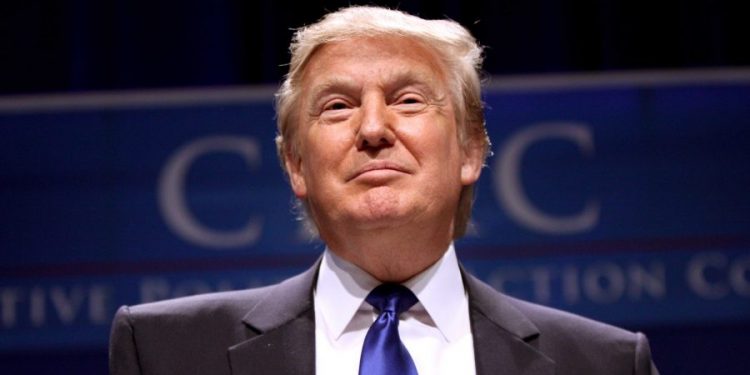By Marcelle Meyer
Trump-era politics are generally described by the opposition in terms like “extremist,” “fascist” and “unprecedented.” We treat the current political landscape as if it is completely foreign to anything that has existed before—and perhaps this is true for the White House. However, the conceptions of power, representation and authority that drive many of President Trump’s actions are and have been very prevalent in many aspects of society—including our own university.
The controversy of Students for Justice in Palestine (SJP) was reported about by The Fordham Ram as well as The Paper after they were refused club status by dean Eldredge, the dean of Student Life at Lincoln Center. The club organizers gathered together to promote their cause on campus, but the university said no.
The United Student Government approved their request and recommended them for club status, but the university said no. There has been significant backlash from students at both campuses, but the university still says no. Perhaps this is beginning to sound familiar.
From access to contraceptives on campus to making our core curriculum more intersectional, students have made many demands from the university in the past few years, and SJP is only the most recent demonstration of seemingly-unilateral actions from the Fordham administration to either reject or ignore these demands.
Of course, each case has its explanations and justifications. SJP is affiliated with a national organization about which the university has concern. It was also seen as more of a “lobbying group” than a club, given that it focuses on a single political issue. There are very specific debates around every instance of university controversy in the past few years, but these specificities do not eliminate the overarching theme: we have little control over what happens to the more than 40 thousand dollars we give to the university every year.
This is not a new phenomenon, and universities are hardly democracies. However, when I find myself voicing some of the same concerns about Fordham’s administrative actions as I am about Trump’s, I cannot help but ask: who are the constituents on campus?
The most striking reality that has come to light since the inauguration is that there is a large divide between executive actions and public will. Many Americans feel that they are facing a much larger battle of having their voices heard in a meaningful way that creates any change.
SJP’s being denied club status is not the equivalent of millions of Muslim people being banned from the country. But the fact remains that there are many times in which the Fordham administration does not answer directly to its students.
Whatever the justification, there is still an implication that students do not know what is best for our campus. We have more dialogue on our campus now than when I arrived here almost four years ago, but that dialogue has yet to create the changes we want.





